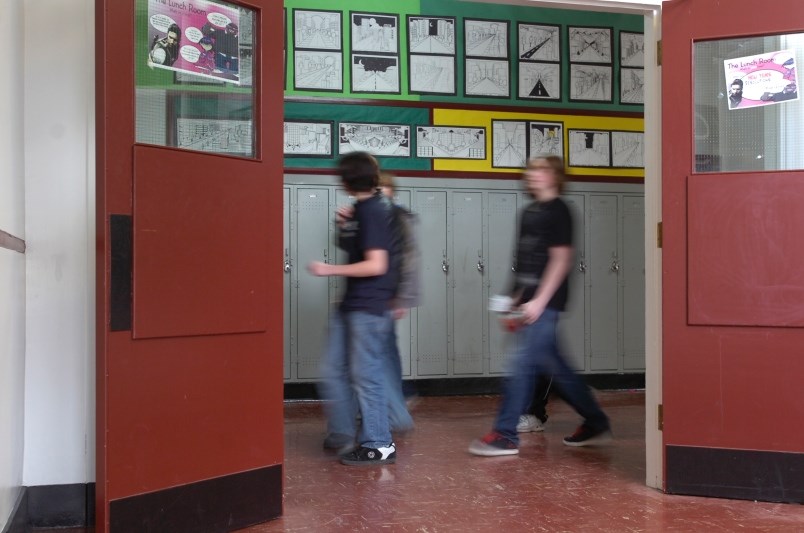Tri-City students won't be returning to school after spring break. Instead, alternative forms of instruction, likely online, will be provided, with planning underway right now.
Education Minister Rob Fleming made the announcement Tuesday in a press conference with Premier John Horgan and Finance Minister Carol James.
"As the global pandemic of COVID-19 is evolving quickly and is having a growing impact in B.C., we have to take action today to protect our students and staff and keep our schools safe," he said as the government indefinitely suspended in-class instruction for students in kindergarten to Grade 12.
More information will be provided in the coming days and the Coquitlam Teachers' Association president, Ken Christensen, said he has already spoken with both the BC Teachers’ Federation and School District 43 to see how this will play out.
As yet, there’s not much specific information.
“Everybody’s working working full-tilt on this,” Christensen told The Tri-City News, noting that it’s fortunate there are still several days left of spring break to get instruction plans ready.
For now, it appears teachers will be returning to schools Monday, March 30 and will be delivering instruction but without students in the classroom.
“Teachers are expected to return to work after spring break and follow their usual schedules. They will be expected to make connections with students and families and make sure there’s some kind of continuing instruction,” Christensen said.
How this will work and what this will look like, especially for students who typically have the support of educational assistants, is still being worked out. But there will be EAs and learning resources, as usual, to support classroom instruction and student needs, he said.
“There’s are many things the employer is going to need to organize. They’re waiting for further information from government, and resources for this ongoing situation that is going to be for an undetermined length.”
Christensen said schools will still need to be sanitary places for teachers to work and supports must be available for effective instruction but there will likely be some challenges on the way.
One issue is how students in low-income households will be supported if they don’t have access to equipment or internet services required for online instruction. Christensen said he expects SD43 IT staff and others are working on these details now.
“We have to see how we can work tougher to deal with this new reality for the time being,” Christensen said, noting that he agrees it’s essential to suspend classroom teaching to encourage social distancing and “flatten the curve,” the phrase used to describe preventing a surge in COVID-19 cases that could potentially overwhelm B.C.’s health care system.
For now, there are no plans to require daycares to close and Fleming made it clear that some form of classroom education would be provided for the children of health care workers and emergency responders so they can continue to do their jobs, although it would maintain "social distancing."
B.C.'s curriculum is already online so plans will include how to make it available to students.
As well, Fleming assured parents that students will be able to graduate and arrangements will be made to ensure they have all their requirements.
According to Fleming, a small number of independent and public schools not already on spring break have been told to suspend classes immediately.
He suggested parents and guardians speak to their children about the reasons behind today's announcements, essentially protecting the health of their grandparents, other older people and health-compromised individuals.



